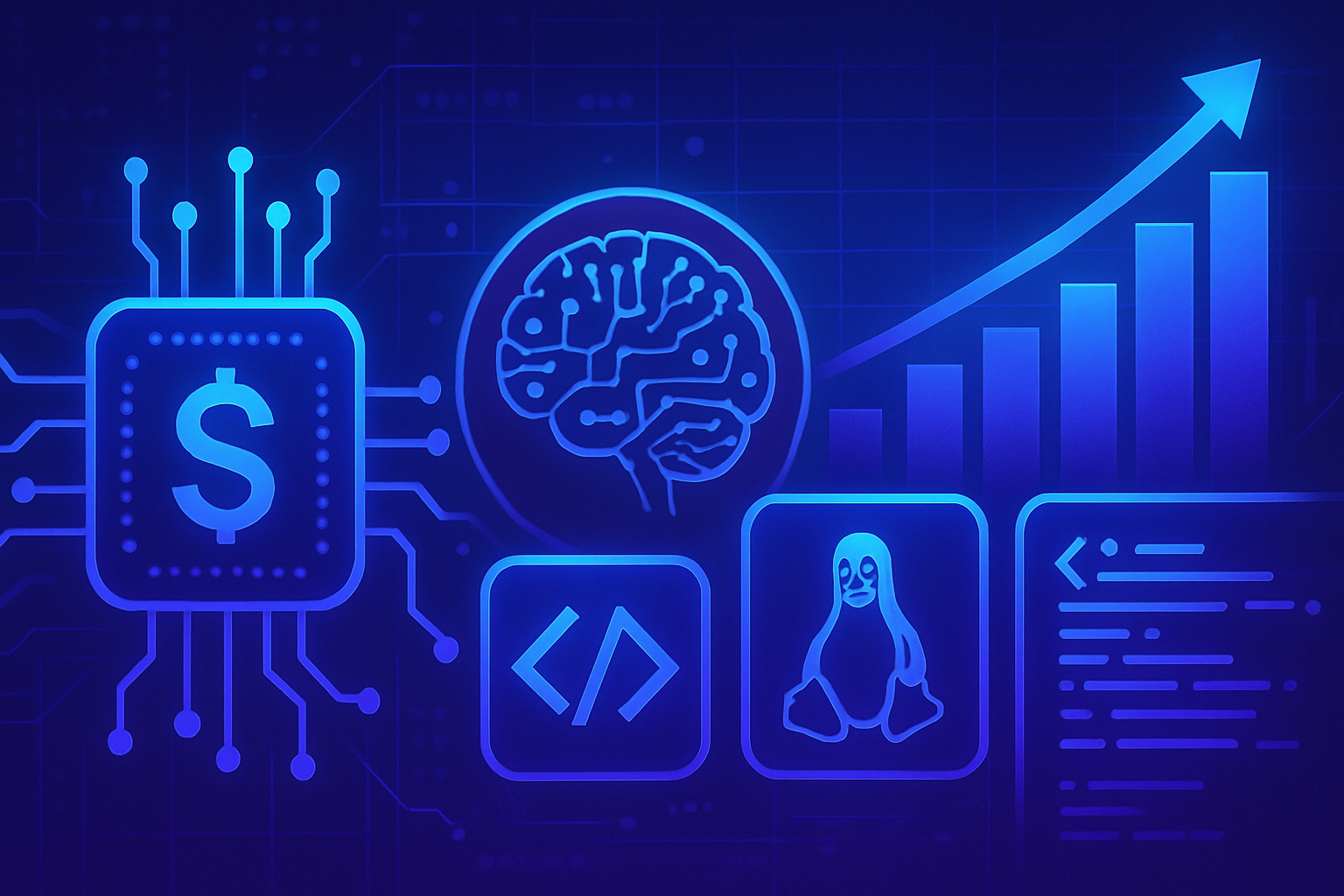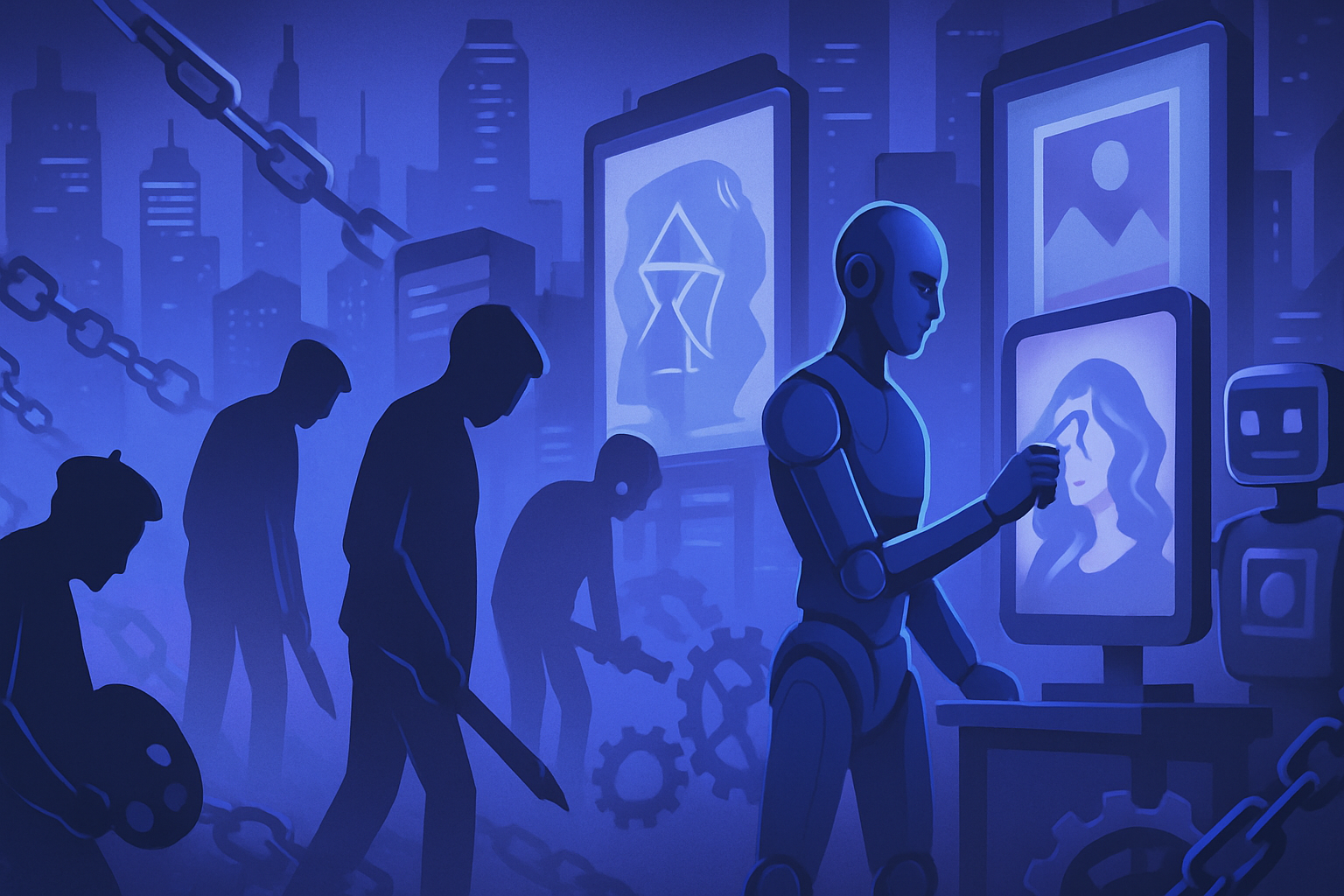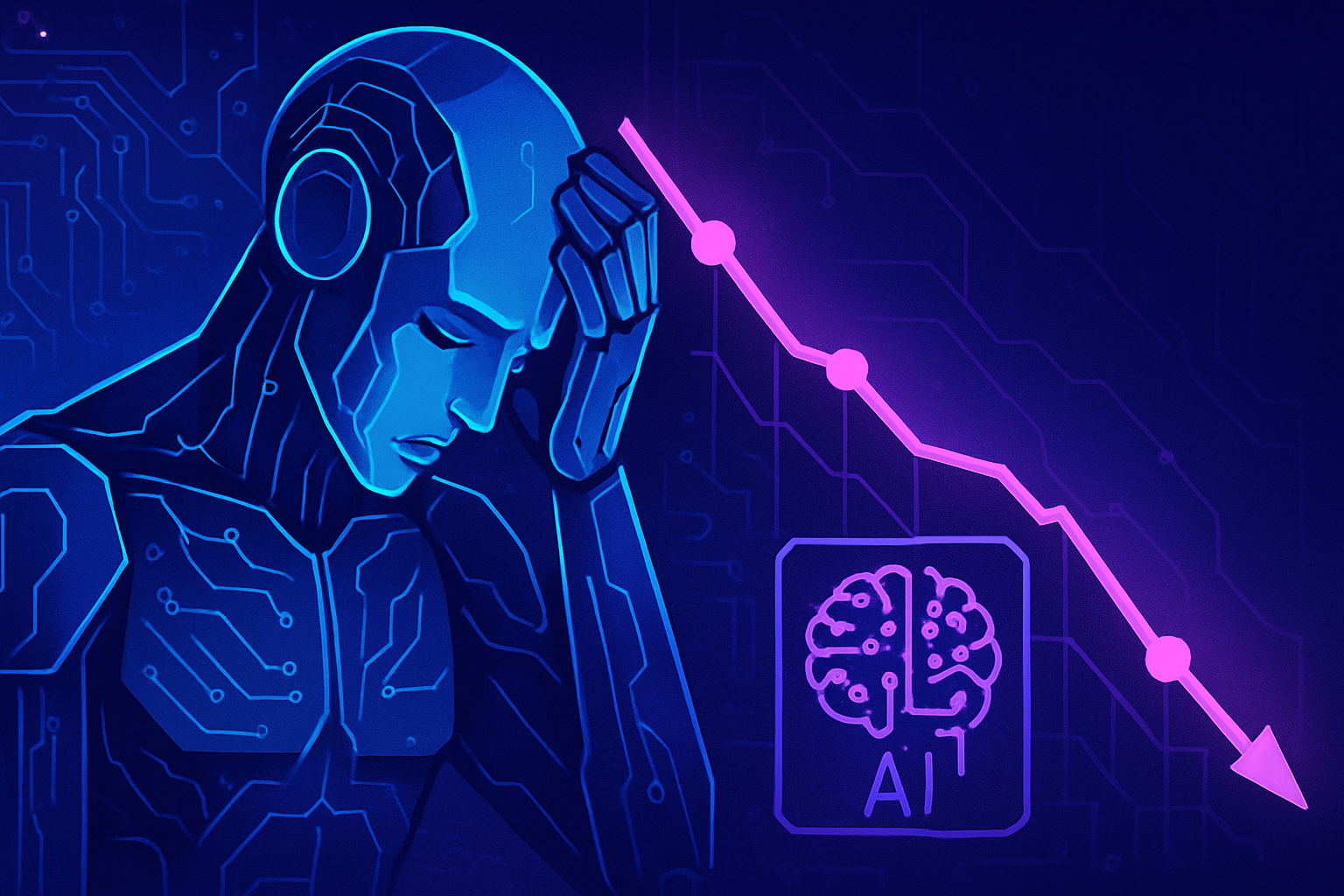Optimizing expenses and driving growth proves vital in a competitive world. Open-source artificial intelligence, powered by the Linux Foundation, embodies a transformative revolution. Companies are massively adopting these tools, reflecting an unprecedented enthusiasm for affordable and innovative solutions.
This innovation model fosters substantial savings, a boon for organizations of all sizes. Both accessible and adaptable, open-source technologies redefine operational structures, enabling emerging companies to compete with established giants. Elevating human potential is also at the heart of this dynamic, involving a surge in AI skills and an increase in job opportunities.
Economics and Adoption of Open-Source Artificial Intelligence
The adoption of artificial intelligence (AI) tools is omnipresent in organizations, with 94% of companies having already integrated these solutions. Within this vast majority, 89% are utilizing open-source AI models. This trend, highlighted by a report from the Linux Foundation and Meta, reveals a dynamic ecosystem thanks to its open and affordable nature.
Financial Impacts of Open-Source AI
The savings generated through open-source AI are significant, with two-thirds of companies noting that these alternatives are cheaper to deploy compared to proprietary solutions. Nearly half of the interviewed companies indicate that these savings are a major reason for adopting open-source software.
Researchers argue that the disappearance of open-source software could cost businesses up to 3.5 times more than their current expenditures. As AI permeates all sectors, the financial advantages of open-source continue to grow, even compared to the traditional impact of open-source.
Innovation and New Opportunities
Beyond cost reduction, open-source AI allows for an expansion of innovation capabilities. Cost savings exceeding 50% for various departments can lead to revenue increases. When AI models are freely or cheaply accessible, equality of opportunity is strengthened. Startups and mid-sized companies thus take the initiative against industry giants.
Innovations stemming from these small enterprises greatly contribute to technological advancement and competitiveness in the sector. This phenomenon underscores the importance of open-source AI in energizing creative processes and stimulating emerging industries.
The Case of PyTorch as a Success Model
The governance model shift of PyTorch by Meta allows for a better understanding of the power of open-source. Feedback demonstrates that, after this transition, corporate contributions decreased, but external input, notably from developers and complementary technology providers, saw substantial growth. User engagement remained steady, reflecting a successful collaborative dynamic.
This model change enhances participation and minimizes the dominance of a single entity. As the report reveals, engagement in open collaborative activities is a far better indicator of innovation than patents. A fundamental indicator for market players.
The Key Sectors of Change: Manufacturing and Health
Many sectors, notably manufacturing, are leveraging open-source AI due to unprecedented flexibility. By opening access to models, companies can adjust and integrate these technologies into their production lines. McKinsey cites a potential of $290 billion additional for advanced manufacturing through AI solutions.
In healthcare, where every resource counts, flexible and free AI tools can transform the landscape. These solutions could improve early diagnosis and rapid disease identification, offering considerable economic benefits. McKinsey estimates that with full integration, AI could generate up to $260 billion in the healthcare sector.
An Increase in Demand for AI-Related Skills
This technological revolution does not stop at tools. The emergence of open-source AI brings a growing demand for specialized skills. Salaries for employees related to these skills could see an increase of up to 20%. This observation highlights the urgent need for training and professional development for this new era of AI.
According to Hilary Carter, SVP of research at the Linux Foundation, open-source AI is a catalyst for growth and economic opportunities. These scalable models redefine not only business processes but also how individuals interact with their jobs.
Open-source AI models are emerging rapidly as the foundation for future advancements. They promote growth and healthy competition by making powerful tools accessible to all, regardless of companies’ financial resources.
The data presented by the Linux Foundation attests to the strategic role of open-source AI in ensuring a dynamic and future-oriented economy.
To delve deeper into these themes, major events such as the AI & Big Data Expo will be held in Amsterdam, California, and London, bringing together key players of this technological revolution.
Frequently Asked Questions
How can open-source artificial intelligence help reduce business costs?
Open-source artificial intelligence allows companies to benefit from accessible software without the high costs associated with proprietary solutions. By using OSAI, companies can implement flexible and adaptable tools, thus reducing operational expenses while optimizing processes.
What is the importance of savings achieved through open-source AI for SMEs?
For small and medium enterprises (SMEs), the savings generated from adopting open-source AI can represent a significant portion of their budget. These savings allow them to reinvest in other essential activities, thus stimulating their growth and innovation.
What are the AI open-source skills that are most valuable in the market?
Skills in data science, machine learning, and open software development are among the most sought after. Open-source AI encourages self-training and collaboration, so professionals capable of navigating these environments are highly valued.
Why is the flexibility of open-source AI tools crucial for innovation?
The flexibility of open-source AI tools allows companies to quickly adapt their technological solutions to specific needs, thereby fostering experimentation and the creation of new innovative products or services. This is particularly important in rapidly evolving sectors.
How do startups benefit from open-source AI compared to large companies?
Startups, often limited by tight budgets, can leverage open-source resources to access advanced technologies without prohibitive investments. This allows them to compete with larger companies on an equal footing in terms of innovation.
What is the impact of open-source AI on the healthcare sector?
Open-source AI has the potential to transform the healthcare sector by offering affordable and tailored data analysis tools that improve diagnostics and care. These tools can help reduce costs while increasing the effectiveness of treatments.
How does the Linux Foundation support the development of open-source AI?
The Linux Foundation plays a key role in promoting and standardizing open-source AI. By providing a collaborative framework and resources, it enables companies and developers to work together to create robust and innovative solutions.






